For any parent, the subject of healthcare is an important one. We all want to ensure our children have access to high-quality health services, and that there are suitable treatment options from healthcare professionals when family members suffer from illness.
Along with access to high-quality education, effective healthcare services are a key requirement for any growing family.
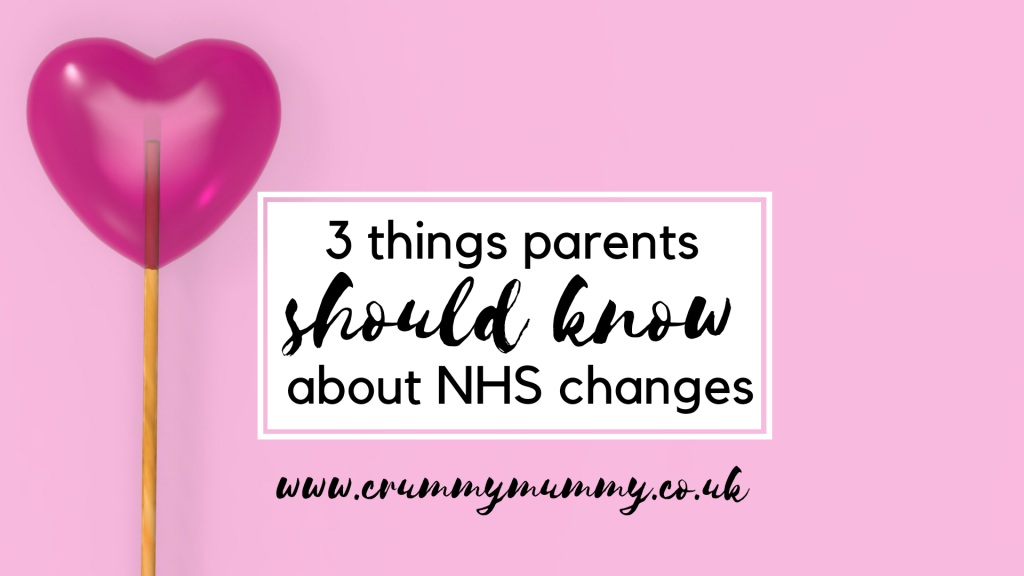
Many parents will have seen numerous changes to the NHS since they were children. Rapid medical technology advancements have allowed improved patient outcomes to be delivered to local communities, and certain medical conditions are now more treatable than they once were.
This post may contain affiliate links. This means if you buy something after clicking on a link, I’ll earn a few pennies to help me keep creating posts like this, at no extra cost to you!
However, it can be difficult to keep track of all the changes that have occurred in the healthcare system over the last few decades. This collaborative post aims to educate parents by describing some of the key developments in the NHS that have taken place in recent years.
3 things parents should know about NHS changes
1. Video consultations
One of the key developments in healthcare has been the move to video consultations with health professionals rather than face-to-face meetings. This transition was largely due to the recent COVID-19 pandemic, which led to restrictions on the movement of people, and lockdowns came into effect across the country to slow the spread of the virus.
Today, the worst effects of the pandemic seem to have subsided, but many healthcare providers still use video consultations. This is because such consultations can save time and travel for patients or a healthcare centre. Many families prefer remote consultations as they can take place from the comfort of their own homes without the need to plan a journey to their nearest healthcare provider.

2. Introduction of cannabis cards
In the last few years, an emerging trend in healthcare has been the introduction of medical cannabis card schemes. Put simply, this is a system whereby people in the UK who have various medical conditions can apply to receive medical cannabis to treat certain illnesses. This is quite a controversial subject as cannabis is currently still classified as an illegal drug in the UK.
The drug was approved for medicinal use in the UK in 2018. Patients who can demonstrate that they satisfy certain medical criteria may be eligible to receive pharmaceutical-grade cannabis to attempt to treat certain illnesses such as epilepsy or chronic forms of pain that other treatments have not effectively managed. At present, it is not clear how this form of healthcare will develop and if the usage of cannabis for healthcare purposes will become widespread in the next decade.

3. Remote health monitoring
As a final key development in modern healthcare, remote health monitoring has now become widespread as an effective way to use technology to assess and manage patients. As with video consultations, this form of healthcare was rolled out to a greater number of patients during the pandemic.
It is commonly used to monitor patients with diabetes, cardiovascular problems, or patients who have physical or mental impairments. The patient wears wearable technology such as heart rate monitors and other sensors, and real-time medical information and observations can be transmitted back to the healthcare provider.

This is a collaborative post.

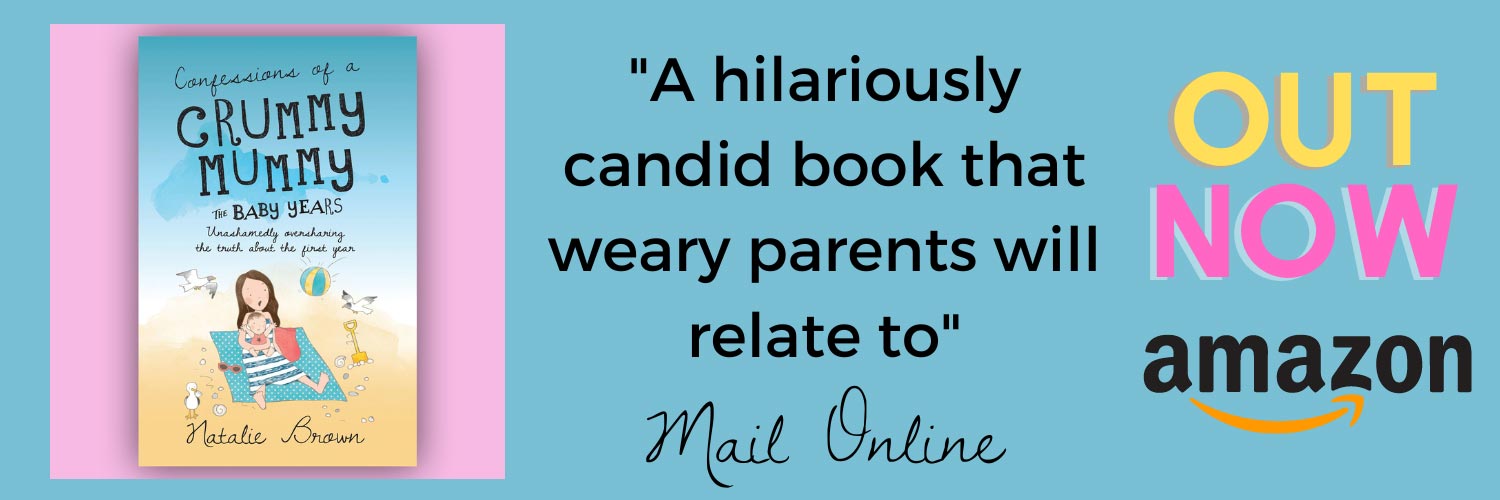
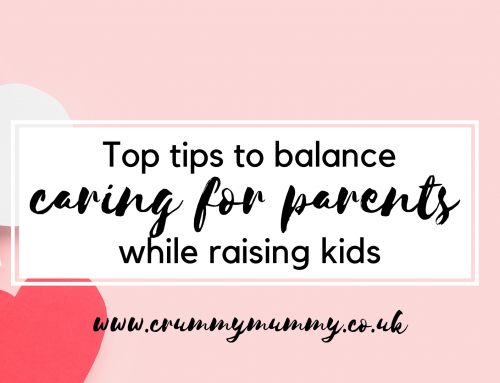
















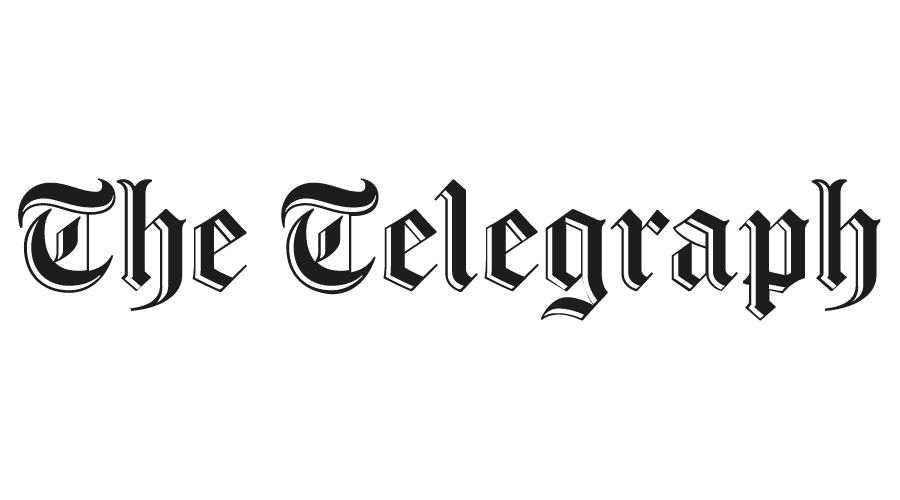

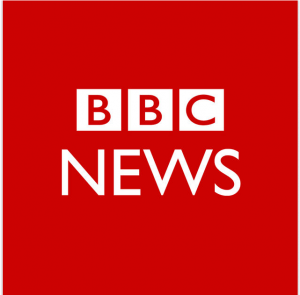



Leave A Comment